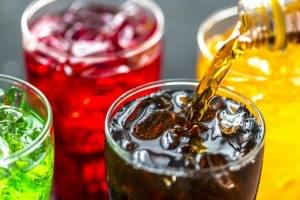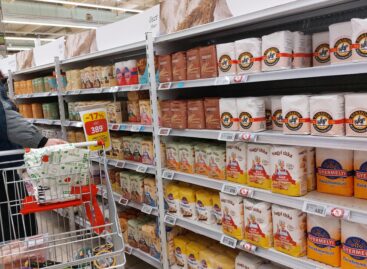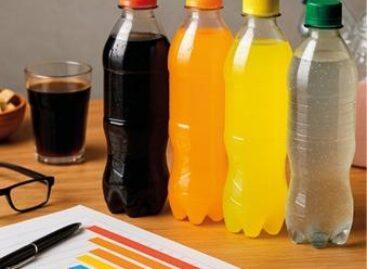Bye-bye sugar: When the goodbye is sweet
In 2018 there was 950 million litres of carbonated soft drink sold in Hungary (including flavoured waters and ice teas), which stands for more than 38 percent of total non-alcoholic drink sales. Istvánné Bikfalvi, secretary of the Hungarian Mineral Water, Fruit Juice and Soft Drink Association said the public health product tax (NETA) had had a big impact on the market. In recent years Hungarian soft drink companies have cut the sugar and calorie content of their soft drinks by launching innovative new products, increasing the proportion of small-sized soft drinks, and by putting low- and zero calorie products on the market.

Thanks to these steps the average sugar and calorie content of fizzy drinks reduced by 43 percent between 2010 and 2018. Soft drink companies have made a pledge to decrease the sugar and calorie content of products by 50 percent until the end of 2020. Ms Bikfalvi said the level of production technology used is as high as anywhere else. One of the biggest challenges ahead of the sector is related to packaging, e.g. the selective collecting and recycling of PET bottles. Another task is educating consumers about healthy lifestyle. //
Related news
Festive table, new habits
🎧 Hallgasd a cikket: Lejátszás Szünet Folytatás Leállítás Nyelv: Auto…
Read more >Rapid changes, adaptive path
🎧 Hallgasd a cikket: Lejátszás Szünet Folytatás Leállítás Nyelv: Auto…
Read more >Related news
Festival buzz at the 60th anniversary EuroShop trade fair
🎧 Hallgasd a cikket: Lejátszás Szünet Folytatás Leállítás Nyelv: Auto…
Read more >A stable compass in the Hungarian FMCG sector for 20 years
🎧 Hallgasd a cikket: Lejátszás Szünet Folytatás Leállítás Nyelv: Auto…
Read more >








